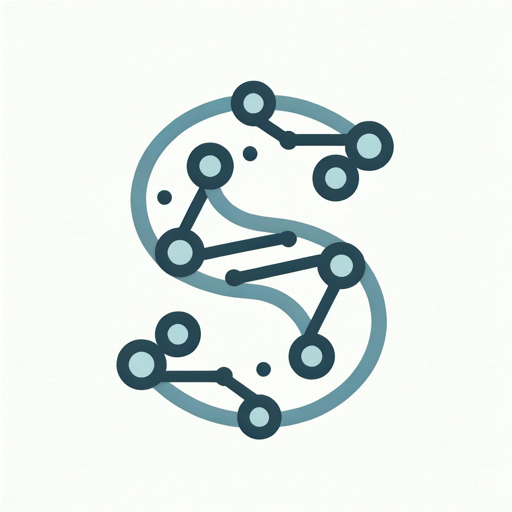Use Cases for Saiku
Saiku is designed to handle a diverse array of tasks, making it a versatile tool for various applications. Below are some practical use cases where Saiku can significantly enhance efficiency and productivity.1. Transcribing Audio to Text
Saiku can be used to transcribe spoken words from audio files into text, making it invaluable for creating transcripts from recordings. Example Task: “Transcribe the audio from ‘meeting_recording.mp3’.“2. Extracting Text from Images
Utilize Saiku to extract and digitize text embedded in images, such as documents or photos. Example Task: “Extract text from the image ‘scanned_document.jpg’.“3. Summarizing Long Articles
Saiku can efficiently summarize lengthy articles, providing quick and concise overviews of extensive content. Example Task: “Summarize this article: ‘…long article text…’.“4. HTML to PDF Conversion
Convert HTML files or code snippets into PDF documents using Saiku, simplifying the documentation process. Example Task: “Convert this HTML code to a PDF file.”5. Taking Screenshots of Webpages
Use Saiku to capture and save screenshots of entire web pages or specific elements. Example Task: “Take a full-page screenshot of ‘https://example.com’.“6. Text to Speech Conversion
Saiku can convert written text into spoken words, useful for creating audio from text-based content. Example Task: “Convert this text to speech: ‘Hello, welcome to Saiku!’.“7. Creating Simple Charts
Generate visual representations of data, such as charts and graphs, with Saiku’s help. Example Task: “Create a pie chart with the following data: { a : 30, b : 70 }.“8. Parsing PDF Content
Extract text and other data from PDF files using Saiku, making it easier to process and analyze document contents. Example Task: “Parse and extract text from ‘report.pdf’.“9. Performing Database Queries
Saiku can execute database queries, enabling efficient data retrieval and management. Example Task: “Perform a SQL query ‘SELECT * FROM users’ on the ‘userDB’ database.”10. File Actions (Read/Write)
Read from or write to files, aiding in file management and data processing tasks. Example Task: “Create a text file named ‘notes.txt’ with the content: ‘Meeting notes…’.”These examples showcase just a glimpse of what Saiku is capable of. As you explore its functionalities, you’ll find that Saiku can be adapted to a wide range of scenarios, making it a powerful tool in your automation arsenal.
